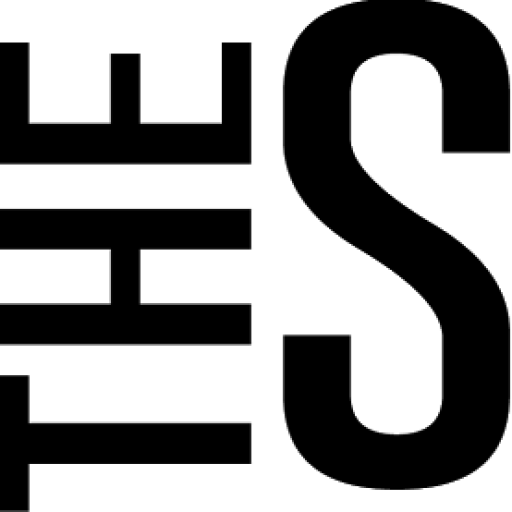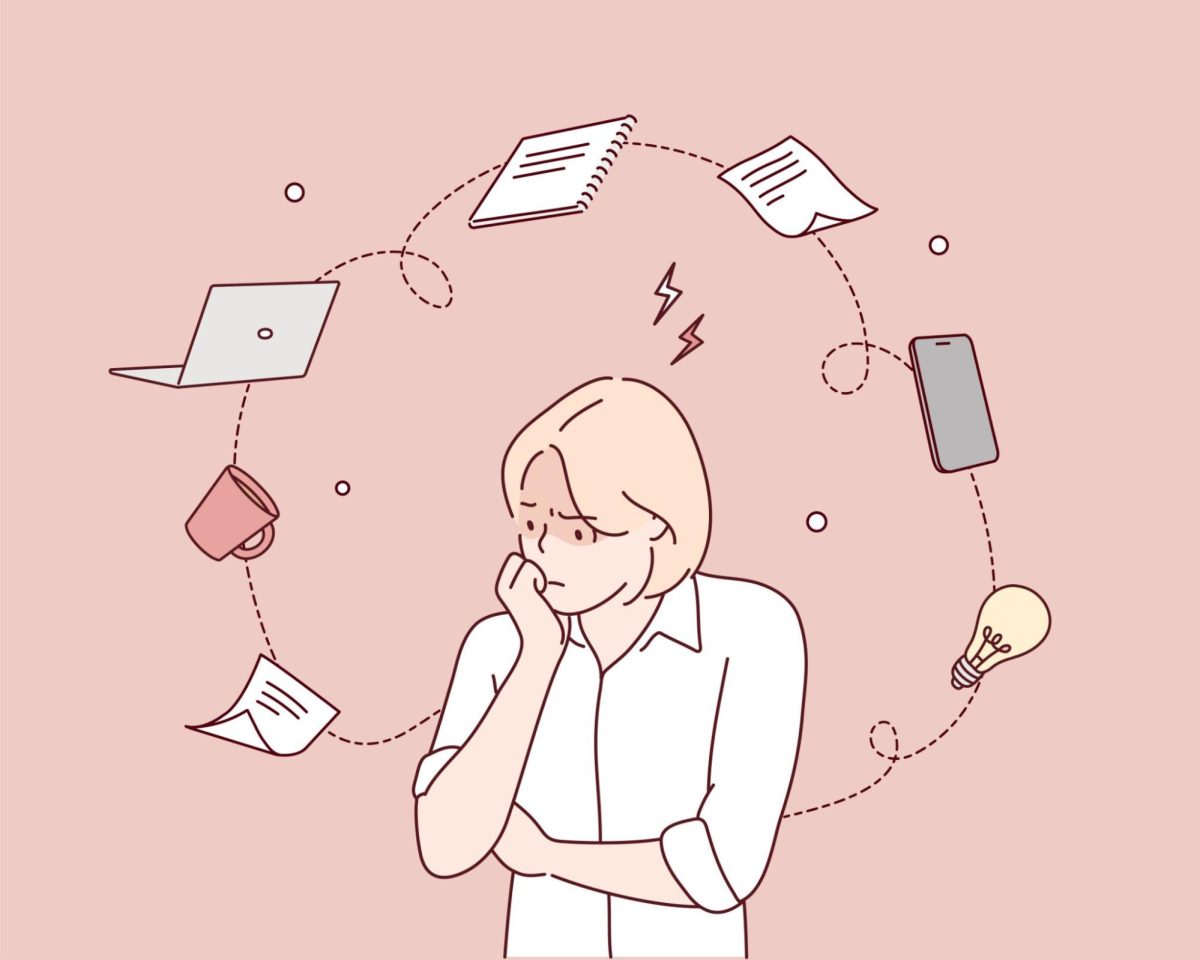By Bella Harnick
Four, three, two, one—no matter your grade, the number of summers you have before college is decreasing and there will always be an excuse as to why you can’t spend your summer the way you would like to spend it. You see, in high school, we must distinguish ourselves for college. In college, we must distinguish ourselves for the workforce. And in the workforce, we must distinguish ourselves for a promotion. There is undoubtedly an omnipresent pressure to do what’s good for “college,” but what about what’s good for us?
As fourth quarter begins and we approach summer vacation, we as students are faced with the hard decision of what to do over the summer. With competition on the rise, more and more are seeking pre-college programs instead of taking a mental break. For many, summer vacation is less of a time away from school and more of a time to get ahead.
But we deserve a break. After consistently working well into the nights, we are in need of some time off so that we don’t come back even more burnt out than we already are—if that’s even possible. While you think you may be getting ahead, studies prove that you may actually be falling behind. When you take time off from academics, you allow your body to recharge. It has been found that leisure activities contribute to a happier you with less depression and lower blood pressure.
In our highly competitive academic environment, the problem with taking a break is that it conflicts with what our culture promotes; downtime is often considered a waste of time. We can all relate to when we had a little extra time on our hands and used it to binge watch a show or two, or perhaps three or four. Although in the moment you enjoyed the shows, in retrospect you couldn’t help but think that you were being unproductive. You should’ve, would’ve, could’ve. But why does downtime have to be viewed in this negative way? In fact, in a recent survey conducted by the City University of New York, it was found that leisure behavior improves motivation without having a negative impact on work productivity.
While we shouldn’t make it our goal to watch more television this summer, there are many non-academic positions that could broaden our outlook and our skill set to ultimately improve our work productivity. Working as a camp counselor at a day camp, a cashier at a local store, a lifeguard at the neighborhood pool, or a volunteer at a community center are just a few examples of growth opportunities available outside of the classroom setting. Some take this concept to an extreme level by volunteering in Antarctica, biking through the Sahara desert, or working with penguins in Alaska, but there is no need to travel to these distances or to take on these expenditures as there are many chances to follow your passions in our local area.
Doing what you are passionate about should take priority over the traditional approach to strengthen your academic record over the summer. And you never know, this non-conventional approach may ultimately distinguish you from the thousands of applications piled on the admissions officer’s desk. So get up from those uncomfortable wooden desk chairs and put your pencils away. Allow yourself to enjoy time away from the classroom this summer. Do something that’s best for you, and you may ultimately find that it was what was best for college admissions, too.








